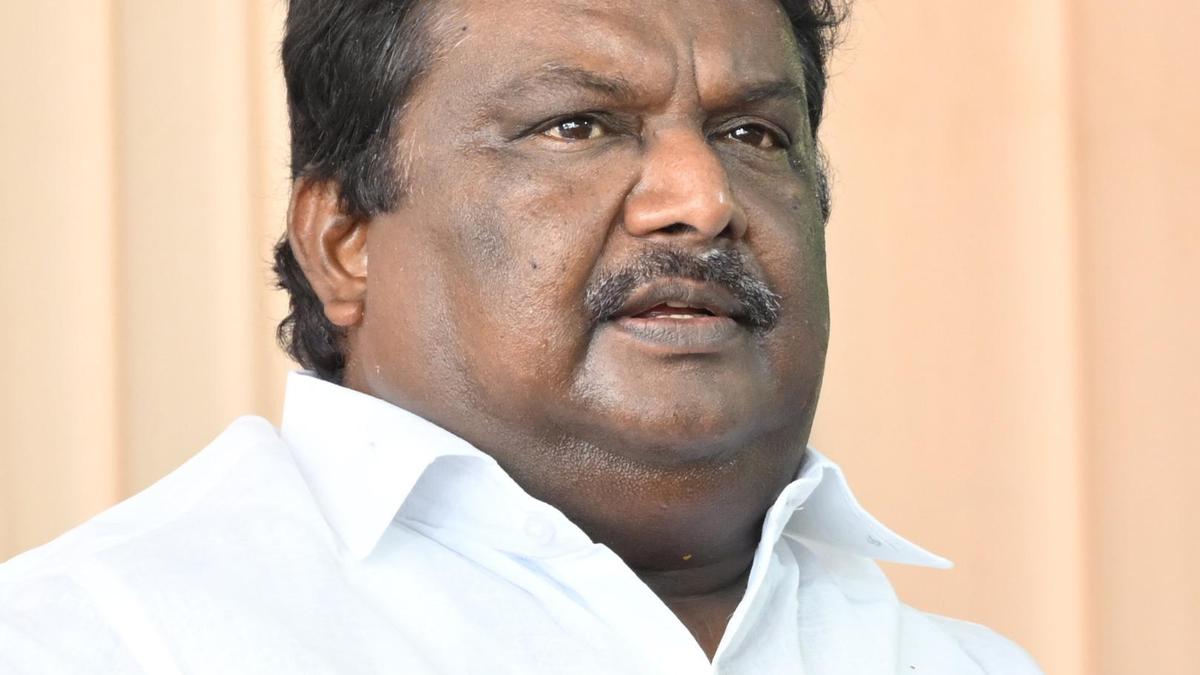Minister for Primary and Secondary Education Madhu Bangarappa said that participation of government school students in this year’s Karnataka Rajyotsava celebrations has risen significantly, with over 700 children from government schools taking part in cultural programmes compared to 300 last year. This year’s celebrations on November 1 will showcase performances entirely by students from government schools, he added.
On October 30, the Minister said he and Chief Minister Siddaramaiah were particularly happy to see growing representation from Karnataka Rajyotsava celebrations (KPS). “This time, we have 1,700 participants in total. Around 700 of them are from government schools. It shows that our schools can deliver very good, activity-oriented performances,” he said.
Mr. Bangarappa, who is overseeing the event while serving as the Minister for School Education and Literacy Education for the third year, added that the inclusion of government school students in large numbers reflects the State’s broader focus on strengthening public education. Moreover, the aim is to make cultural programmes and Karnataka Rajyotsava interesting, he added.
He said the Karnataka Public School model, introduced to improve quality in government institutions, has been well received across the State. “We had initially planned 500 KPS schools in the budget, but seeing the demand, we have increased it to 800. Financial provision has been made through programmes like Kalyana Karnataka, Akshara Avishkara, and mining-affected area grants,” he said.
Each KPS institution will have an upper limit of 1,200 students. “In the previous five years, only about 300 schools were developed. Within two-and-a-half years, we are setting up 800 schools at a time. This will especially benefit children in rural areas, who can now access quality education closer to home,” the Minister said.
On the decision to reduce the pass marks from 35 to 33, Mr. Bangarappa clarified that the move was based on expert recommendations and wide public consultation. “This was discussed in the 2024 round-table conference on education reforms, which even Karnataka Council Chairman Basavaraj Horatti had attended. He too had supported the idea. Across associations, parents, and students, more than 700 persons supported the 33 pass marks proposal, while only eight opposing it,” he said.
Mr. Horatti had written a letter opposing the decision on October 29, but Mr. Bangarappa, however, said that the letter was not addressed to him. “I will look into the matter and speak to him (Horatti). But since he was part of the earlier discussions that had supported the change, I believe there is no major difference of opinion. This is in line with the Central syllabus too. This will also help more students from Karnataka to qualify and access job opportunities within the State who might otherwise miss out by just a few marks,” he said.
Mr. Horatti, in his letter, had termed the decision to reduce the pass marks as ‘unfortunate’ arguing that it is unscientific to reduce the marks, and that in the world of competition, it is important for students to face exams.

 5 hours ago
4
5 hours ago
4








 English (US) ·
English (US) ·